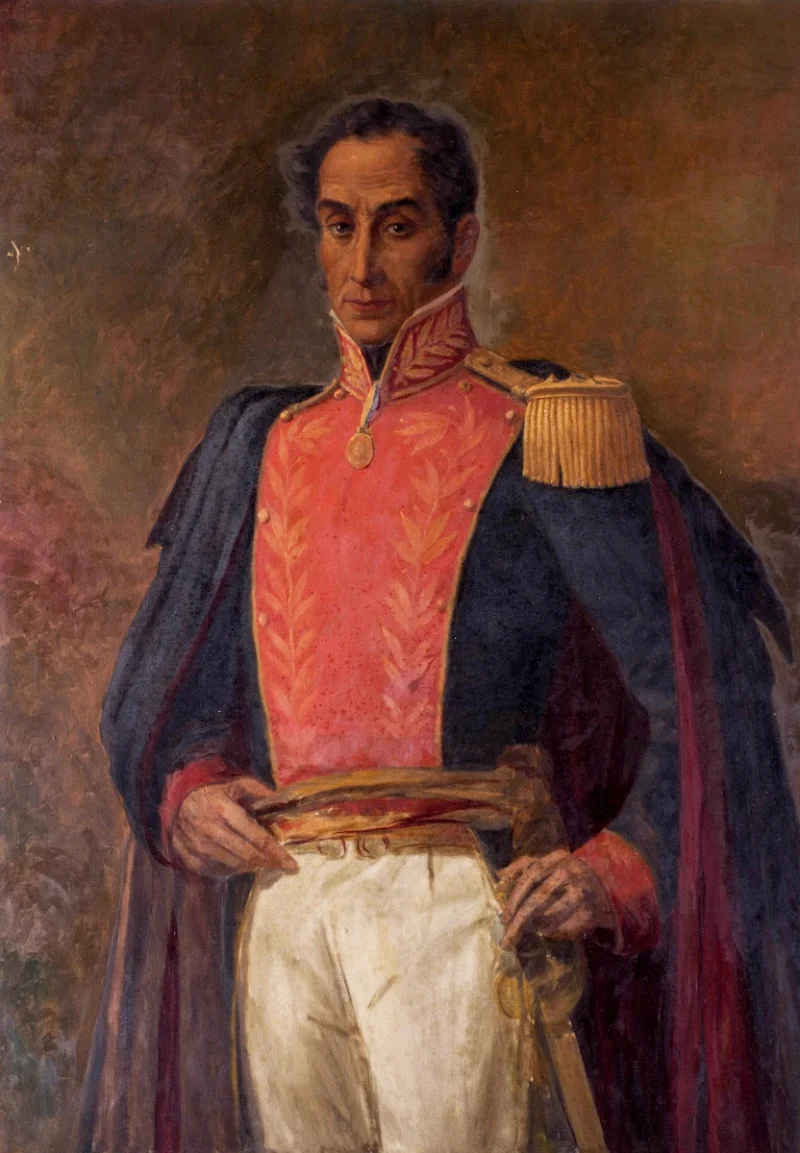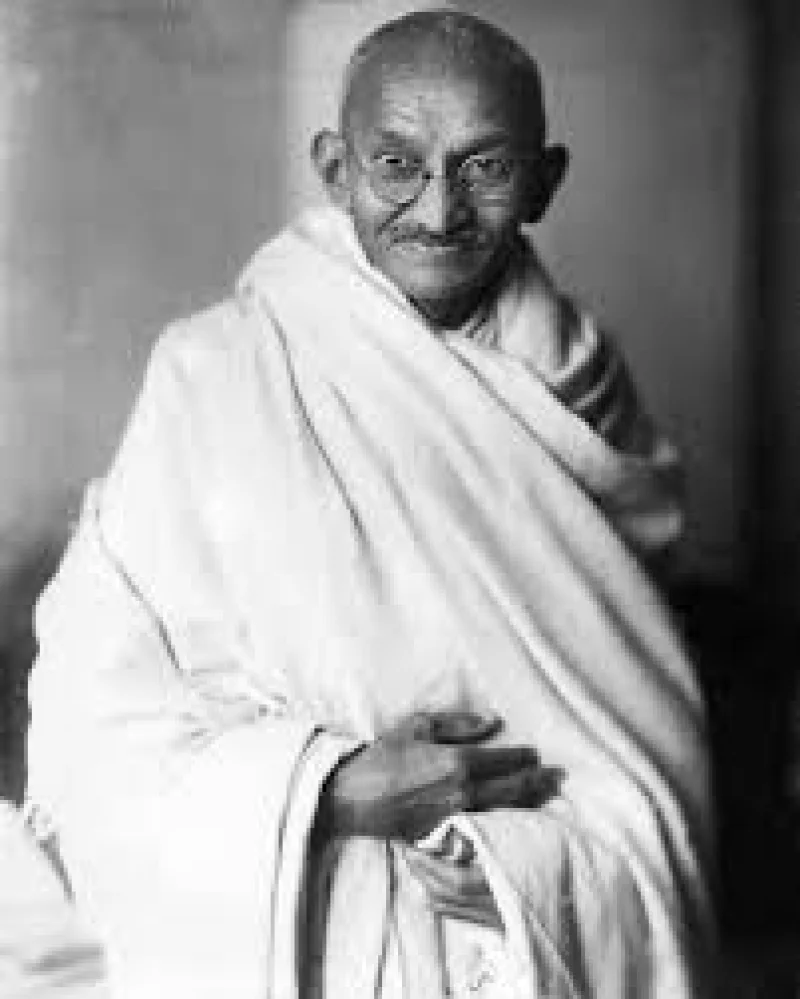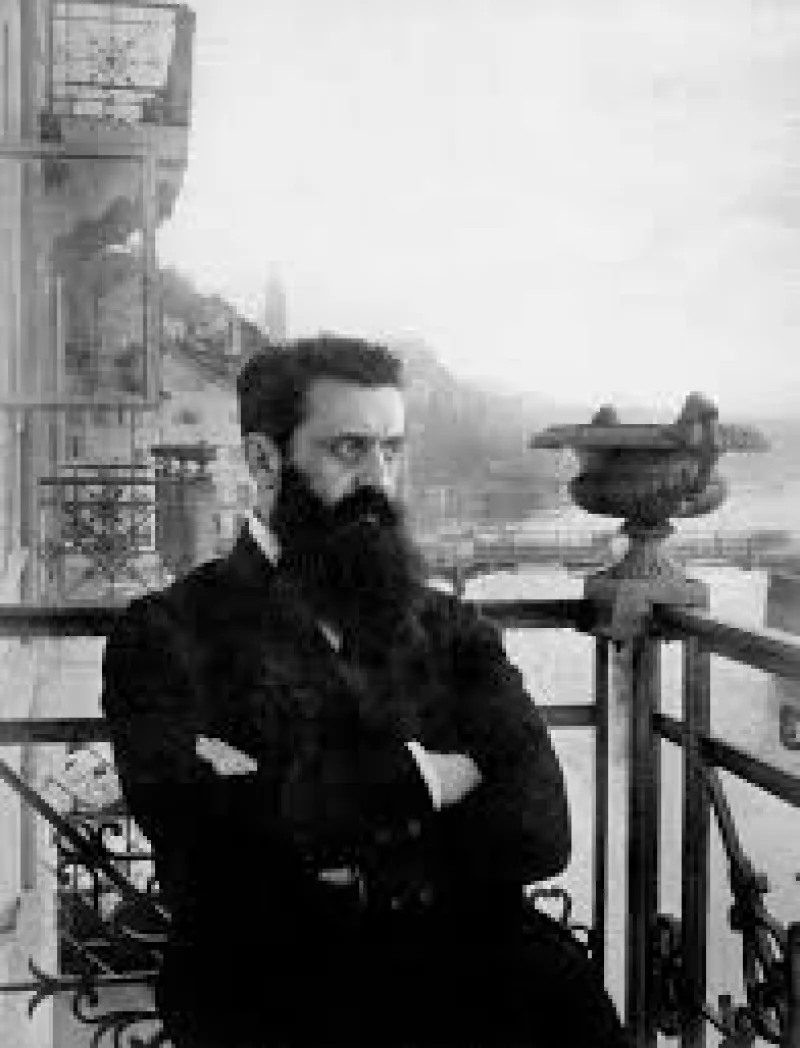Short Summary
Simón Bolívar was a Venezuelan military and political leader who played a key role in Latin America's successful struggle for independence from the Spanish Empire in the early 19th century. He is renowned for his leadership in the liberation of several countries, including Venezuela, Colombia, Ecuador, Peru, and Bolivia, which was named in his honor. Bolívar is often referred to as "El Libertador" due to his significant contributions to the independence movement. His vision of a united Latin America remains influential, and he is celebrated as a national hero in many South American countries.
Early Life & Education
Simón Bolívar was born on July 24, 1783, in Caracas, which was then part of the Spanish Empire. He came from a wealthy, aristocratic family that owned numerous plantations. Bolívar's parents died when he was young, and he was raised by his uncle and tutors, who provided him with a classical education. Influenced by Enlightenment ideas, he was sent to Spain at age 16 for further studies, where he became exposed to revolutionary ideas and met influential figures who shaped his desire for independence and reform in Latin America.
Career Highlights
Simón Bolívar's career was marked by his leadership in the Latin American wars of independence against Spanish rule. In 1813, he launched the Admirable Campaign, which resulted in the liberation of Venezuela. He went on to lead military campaigns across the continent, achieving victories that secured independence for several nations. Bolívar served as president of Gran Colombia, a short-lived republic that included much of northern South America. His political and military strategies were instrumental in the successful overthrow of Spanish colonial rule in the region.
Major Achievements
- Successfully led the liberation of Venezuela, Colombia, Ecuador, Peru, and Bolivia.
- Established and served as president of Gran Colombia from 1819 to 1830.
- Played a crucial role in the drafting and implementation of the Bolivian Constitution of 1826.
- Organized the Congress of Angostura in 1819, which laid the foundation for the independent governance of Gran Colombia.
Famous Quotes
- "To do something right, one must do it twice; the first time instructs the second."
- "The art of victory is learned in defeat."
- "A people that loves freedom will in the end be free."
Interesting Facts
- Bolívar's full name is Simón José Antonio de la Santísima Trinidad Bolívar y Palacios.
- He is commemorated in the names of several South American countries and regions, most notably Bolivia.
- Bolívar has been featured on the currency of several Latin American countries.
- He died of tuberculosis on December 17, 1830, at the age of 47.
- He is regarded as one of the most influential figures in the history of South America.
Legacy / Influence
Simón Bolívar's legacy is profound, as he is celebrated as a founding figure in the history of several Latin American nations. His dream of a unified Latin America has inspired numerous leaders and movements throughout history. Bolívar's vision of liberty and unity continues to influence political thought and national identity in the region, and he remains a symbol of independence and resistance against oppression.
FAQ
Q: Why is Simón Bolívar famous?
A: Because of his pivotal role in the liberation of several Latin American countries from Spanish colonial rule.
Q: What countries did Bolívar help liberate?
A: Venezuela, Colombia, Ecuador, Peru, and Bolivia.
Q: What was Bolívar's vision for Latin America?
A: He envisioned a united Latin America, free from colonial powers and united under a single government.
Q: Where is Bolívar considered a national hero?
A: He is considered a national hero in several South American countries, including Venezuela and Bolivia.










